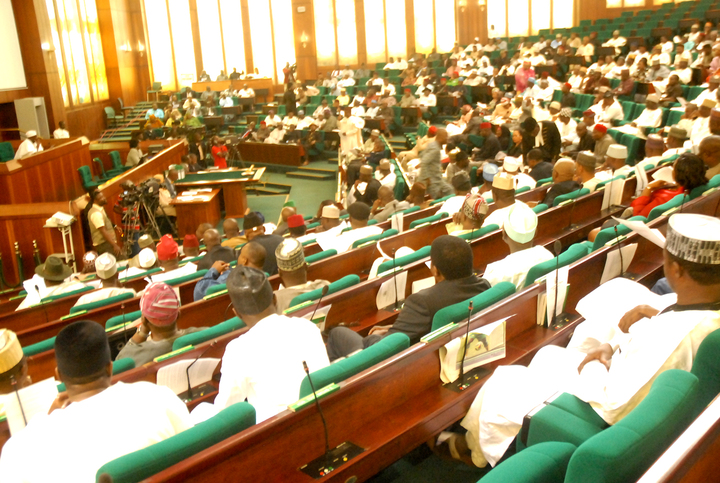Members of the House of Representatives on Tuesday backed the licensing of more refineries in the country to ease fuel supply shortages and expand the oil industry, as a bill on refineries passed second reading.
It was also a session where some lawmakers from the Niger Delta kicked against the destruction of “illegal refineries” by security agencies, preferring that the operators should be licensed and regulated.
The session was presided over by the Deputy Speaker, Yussuff Lasun.
The long title of the bill reads, “A Bill for an Act to Provide for the Licensing, Regulation and Incentives to Petroleum Refineries in Nigeria and for other Matters Connected Therewith.” It was sponsored by a member from Abia State, Uzoma Nkem-Abonta.
He told his colleagues that with more refineries in operation, Nigeria, a leading crude oil producer, would not need to import petroleum products to service domestic requirements.
He stated, “The bill seeks to provide a framework of licensing and regulating the oil sector and its advantage is enormous, because it would provide employment and save the country some foreign exchange spent on oil import.”
The new bill is being pushed by the House at a time the two chambers of the National Assembly have consistently failed to pass the more robust Petroleum Industry Bill.
A member, Nicholas Garba-Shehu, though supporting the bill, quickly observed that investments in refineries would remain unattractive so long as the Federal Government retained its fuel subsidy regime.
But, House Minority Leader, Leo Ogor, said the bill could help address unemployment in the country if passed.
“There are huge opportunities the refineries can provide in the area of employment.
“Unfortunately, all of that is being wasted as we are not even thinking or looking in that direction,” he added.
On his part, Oghene Emma-Egoh, kicked against the destruction of illegal refineries in the Niger Delta region.
He argued that if Nigerians had the “ingenuity” to refine crude oil locally, there was no point spending foreign currency to import refined products.
“Recently about 57 refineries were destroyed in the region.
“What we should do is to license the operators, regulate them and ask them to pay some revenue to government.
“In that way, they will not have to operate in hiding or in breach of the law because they have been licensed,” Oghene-Egoh said.
Copyright Ships & Ports Ltd. Permission to use quotations from this article is granted subject to appropriate credit given to www.shipsandports.com.ng as the source.
